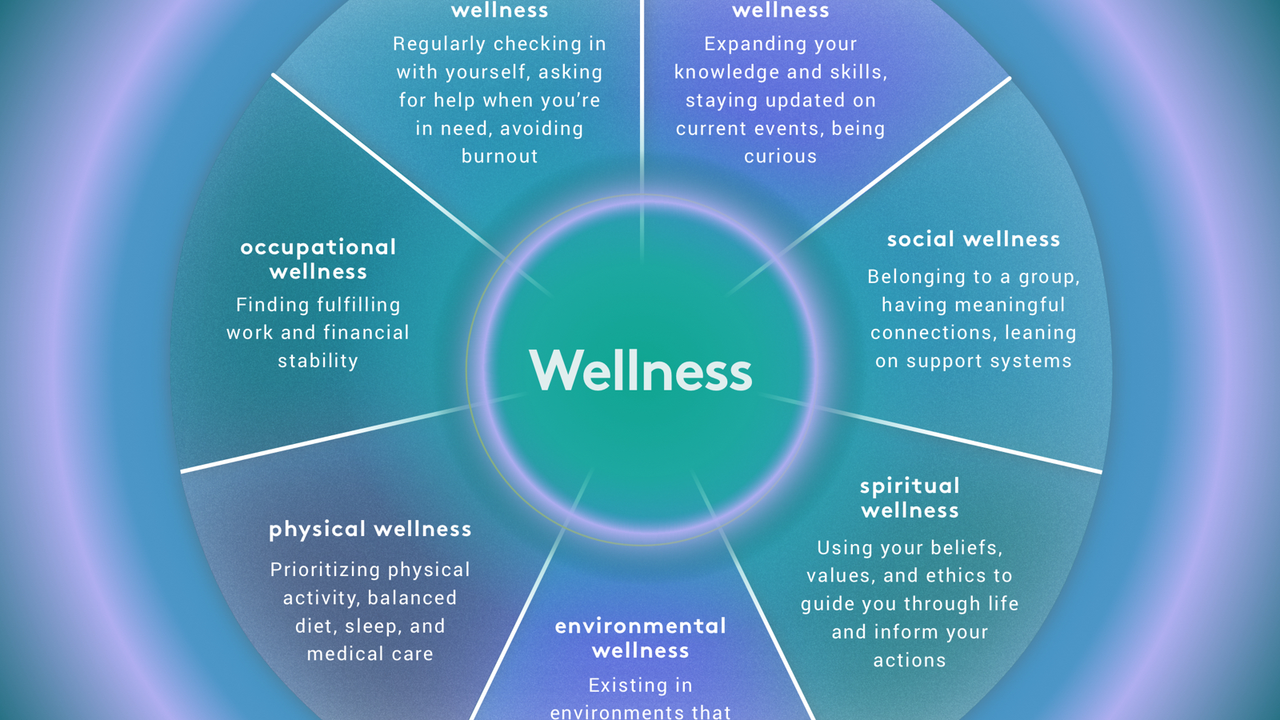
The Importance of Fostering Mental Health in Educational Settings
Ever participated in a Jenga game? The one where players take turns removing a block from a tower, then stacking it on top until its stability deteriorates and it crashes. Let's use this analogy where the blocks represent various facets of a student's educational growth - cognitive skills, social abilities, physical health, and emotional health. What would happen if you only concentrate on three of the four blocks, leaving out emotional health? It doesn't take a Jenga expert to predict - the tower would inevitably topple. This emphasizes that students might need help with assignment-related stress, among other things.
Similarly, if we overlook the crucial role of mental health, a student's robust tower comprising academic accomplishments, social skills, and physical health can become unsteady. This illustrates that while it may seem amusing, it's important since we're responsible for shaping future generations.
Recognizing the Role of Mental Health in Education
' Mental health' often induces a negative response. It's associated with severe disorders such as schizophrenia or depression. However, mental health encompasses a wider concept. It refers to maintaining a balanced mental and emotional state, a crucial part of overall health.
As with physical health, advocating good mental health in schools isn't only about addressing problems. It's not solely about counseling students who need help with assignments stress or other significant issues (though this is crucial). Promoting mental health involves creating positive school atmospheres that support the mental well-being of all students and staff. It's about assisting students to develop emotional resilience, teaching them stress management, overcoming obstacles, and cultivating strong, healthy relationships.
Pressing Need for Mental Health Support
Today, the prevalence of mental health issues among children and adolescents is at an all-time high. Globally, 10-20% of children and adolescents experience mental disorders, with half of all mental illnesses beginning by age 14. This alarming truth is not just a wake-up call but a reality we can't afford to ignore.
Increasing academic pressure, social media, bullying, and poverty, among other factors, contribute to heightened levels of stress, anxiety, and depression among youngsters. Moreover, the COVID-19 pandemic has severely impacted children and adolescents' mental health worldwide, exacerbating existing conditions and introducing new challenges. It's not just an appeal for action, but a clarion call to prioritize the mental health of our young ones.
Advantages of Prioritizing Emotional Wellbeing in Schools
The benefits of emphasizing emotional well-being in schools are often underestimated. It might seem 'soft' or 'luxury' to some compared to 'hard' results like academic performance. However, research shows a strong correlation between emotional well-being and academic success. Emotionally healthy students are more likely to engage in their learning, achieve higher academic grades, have fewer behavioral problems, and have better relationships with their peers and teachers. It's time to dispel the notion that emotional learning and academic achievement are separate entities. They're inseparable partners in the realm of education.
How Schools Can Promote Mental Health
Every significant journey starts with a single step. Schools can make that first step by recognizing the crucial role of mental health in student success and then implementing practical measures. Here's a helpful tip: treat emotional well-being as important as – Maths and English. Yes! You heard it right!
Schools can initiate programs to promote social and emotional learning, encourage resilience, and provide stress management techniques. They can also ensure that all staff members, not just teachers, receive training in mental health awareness. This enables them to identify and assist students needing help with assignment stress or other mental health issues.
Concluding Remarks: Prioritizing Mental Health
To nurture well-rounded, resilient, and successful individuals, mental health needs to be a core aspect of education. It's high time we invite mental health to take its rightful seat at the educational table.
The mental health of children and adolescents is not a peripheral concern to be ignored any longer. Instead, it should be as fundamental as learning the alphabet, trigonometry, or Shakespeare. Let's join hands to ensure a future not just about academic achievement or physical prowess but also emotional maturity.
A Final Note
A student approaches the counselor and says, "I feel stressed about exams." The counselor asks, "Have you tried relaxing?" The student replies, "Relax? That's what I was doing before you mentioned exams."
This anecdote underscores the paradox we often face when addressing mental health concerns. Our intentions are good, but sometimes our methods can be counterproductive. It's high time we all refine our approach, giving mental health the attention it deserves. And yes, those who make the shift will have the last laugh.
 Women's Issues
Women's Issues